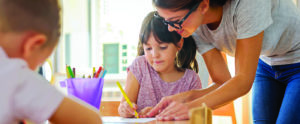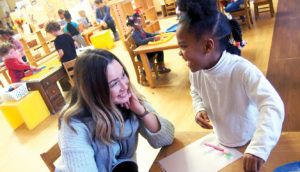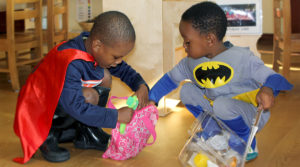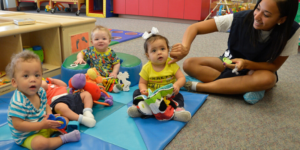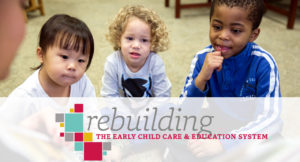
Our country’s early care and education system was fractured and in crisis, even before COVID-19. The abrupt closure of many child care centers, new requirements upon opening, and challenges facing families make it even more pressing that our “rebuilding” efforts work toward a more sustainable and equitable child care system.

